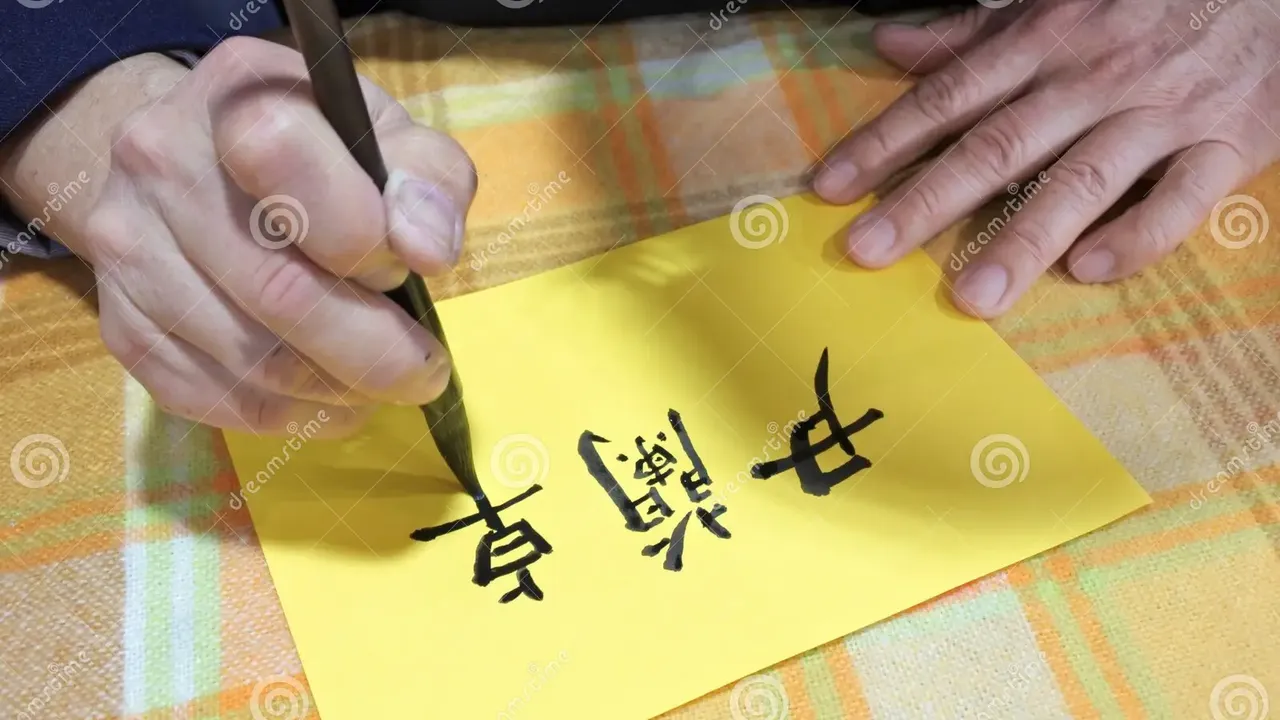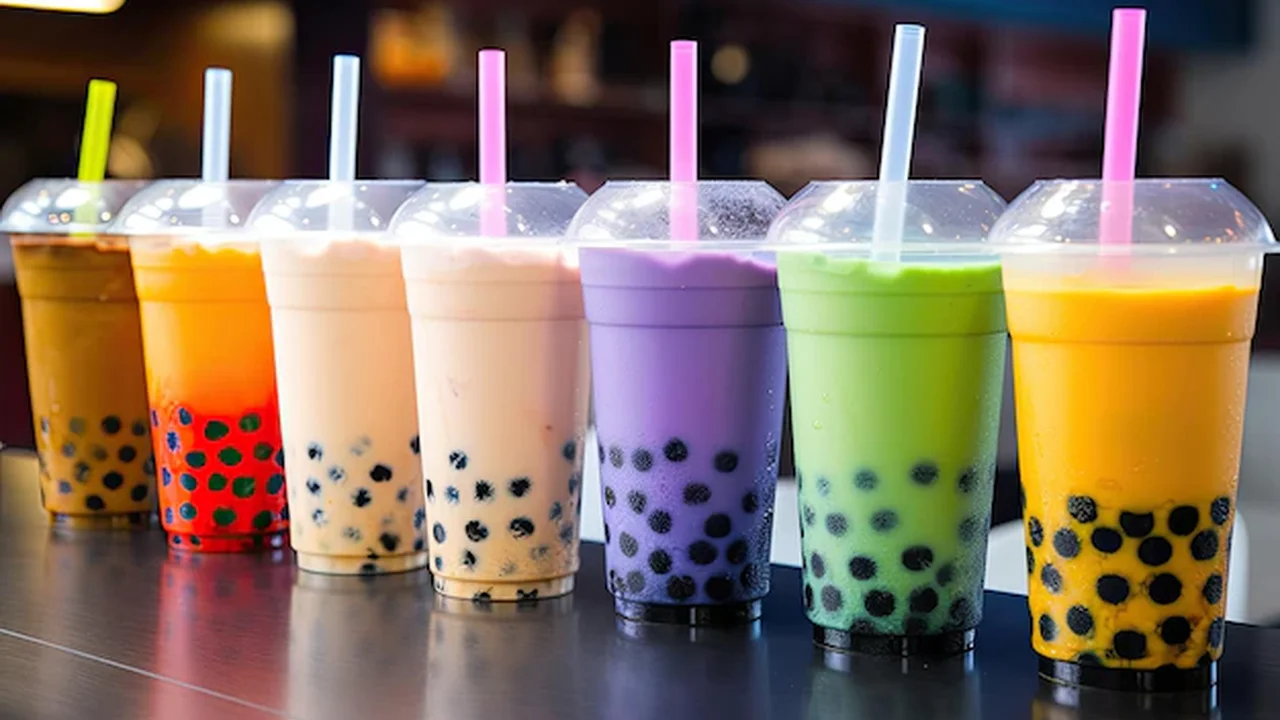Taiwanese Family Values: The Importance of Relationships
Sample meta description.

Understanding the Core of Taiwanese Culture Family Bonds and Traditions
Hey everyone! Let's dive into something really special: Taiwanese family values. If you've ever visited Taiwan, or even just met someone from there, you've probably noticed how important family is. It's not just about blood relations; it's a whole way of life. We're talking about respect for elders, taking care of each other, and a deep sense of belonging. Think of it as the glue that holds everything together in Taiwanese society.
Family isn't just who you're related to; it's a support system, a built-in network of love and care. From grandparents to grandkids, everyone has a role to play, and everyone looks out for each other. This strong family connection shapes everything from personal decisions to business practices. So, grab a cup of bubble tea and let's explore this fascinating aspect of Taiwanese culture!
Filial Piety The Cornerstone of Respect and Obligation in Taiwanese Families
Okay, so "filial piety" might sound like some old-fashioned term, but it's HUGE in Taiwanese culture. It basically means showing respect, obedience, and care for your parents and ancestors. It's not just about saying "yes, sir" or "yes, ma'am"; it's about actively taking care of their needs, both physical and emotional.
Imagine your grandparents needing help with something – maybe it's groceries, maybe it's understanding new technology. Filial piety means you're there to lend a hand, without being asked. It's about anticipating their needs and making sure they're comfortable and happy. This isn't seen as a burden; it's seen as an honor and a way of showing gratitude for everything they've done for you.
This respect extends beyond just living parents. Ancestor worship is also a big part of filial piety. Families often have ancestral tablets in their homes and perform rituals to honor their deceased ancestors. It's a way of remembering them and seeking their blessings. It's a beautiful tradition that keeps families connected to their roots.
Generational Living Benefits and Challenges of Extended Family Homes in Taiwan
Living with your parents, grandparents, and maybe even aunts, uncles, and cousins? That's totally normal in Taiwan! It's called generational living, and it's still a really common practice. Think of it as a big, chaotic, loving family under one roof.
There are definitely perks. Grandparents can help with childcare, so parents can work. Expenses are shared, which makes life a little easier. And there's always someone around for support, advice, or just a good chat. Plus, kids grow up surrounded by love and attention, learning important values from their elders.
But let's be real, it's not always sunshine and rainbows. Sharing a space with so many people can be challenging. Different generations have different opinions, habits, and expectations. There might be disagreements about everything from what to eat for dinner to how to raise the kids. Finding privacy can also be tough. But most families find ways to make it work, because the benefits of being together outweigh the challenges.
Family Gatherings and Celebrations Food Festivities and Traditions in Taiwan
Taiwanese families LOVE to celebrate! And celebrations usually revolve around food. Think Lunar New Year, Mid-Autumn Festival, birthdays, weddings… pretty much any excuse to get together and eat. These gatherings are more than just meals; they're a chance to reconnect, strengthen bonds, and pass on traditions.
Lunar New Year is probably the biggest celebration of the year. Families travel from all over to be together. There's red envelopes filled with money for the kids, firecrackers to scare away bad luck, and tons of delicious food. Think dumplings, spring rolls, and fish (symbolizing abundance). It's a time to honor ancestors, wish for good fortune, and enjoy the company of loved ones.
Other important celebrations include the Mid-Autumn Festival, when families gather to admire the full moon and eat mooncakes, and Tomb Sweeping Day, when families visit the graves of their ancestors to clean them and offer food and prayers. These traditions keep families connected to their past and reinforce the importance of family ties.
The Role of Women in Taiwanese Families Balancing Tradition and Modernity
Traditionally, women in Taiwanese families were expected to be the primary caregivers and homemakers. Their role was to take care of the children, manage the household, and support their husbands. But things are changing! More and more women are pursuing education and careers, while still maintaining their family responsibilities.
It's a balancing act, for sure. Many women work full-time while also taking care of their children and elderly parents. It's a lot to juggle! But Taiwanese women are strong and resilient. They're finding ways to blend traditional values with modern aspirations. They're redefining what it means to be a wife, mother, and daughter in Taiwanese society.
Gift Giving Etiquette in Taiwan Showing Respect and Building Relationships
Giving gifts in Taiwan isn't just about the present itself; it's about showing respect, building relationships, and expressing gratitude. There are a few things you should keep in mind when giving gifts to Taiwanese families.
First, presentation matters. Wrap your gifts nicely, preferably in red or gold paper, which are considered lucky colors. Avoid white or black, which are associated with mourning. When giving the gift, use both hands to show respect. And don't be surprised if the recipient initially refuses the gift – it's considered polite to decline a gift a few times before accepting it.
As for what to give, it depends on the occasion and the recipient. Food items like fruit, pastries, or tea are always a good choice. Practical gifts like household items or personal care products are also appreciated. Avoid giving clocks (they symbolize death) or sharp objects (they symbolize cutting ties). And always be mindful of the recipient's preferences and dietary restrictions.
Product Recommendations for Strengthening Family Bonds in Taiwan
Want to help strengthen family bonds and create lasting memories? Here are a few product recommendations with usage scenarios, comparisons, and prices:
A High-Quality Karaoke System for Family Entertainment
Usage Scenario: Imagine your family gathered in the living room, singing their hearts out to their favorite Taiwanese pop songs. A karaoke system provides hours of entertainment and laughter for all ages. It's perfect for family gatherings, birthdays, or just a fun weekend activity.
Product Comparison:
- Budget Option: Lucky Voice Karaoke Machine (around $150). Great for beginners, easy to use, and comes with a decent selection of songs.
- Mid-Range Option: Singtrix Karaoke System (around $300). Offers professional-quality sound, voice effects, and a large library of songs.
- Premium Option: Bose S1 Pro Portable Bluetooth Speaker System (around $600). Versatile system that can be used for karaoke, live performances, and parties. Excellent sound quality and portability.
Why it works: Singing together is a great way to bond and create shared memories. The karaoke system creates a fun and interactive experience that everyone can enjoy.
A Premium Tea Set for Traditional Tea Ceremonies
Usage Scenario: Tea ceremonies are an important part of Taiwanese culture, and a beautiful tea set can enhance the experience. Imagine your family gathering for a traditional tea ceremony, honoring your elders and enjoying the flavors of fine Taiwanese tea. This is a great way to slow down, connect with each other, and appreciate the beauty of tradition.
Product Comparison:
- Budget Option: Simple Ceramic Tea Set (around $50). A basic tea set with a teapot, cups, and a tray. Functional and affordable.
- Mid-Range Option: Yixing Clay Tea Set (around $150). Made from high-quality Yixing clay, which enhances the flavor of the tea. A beautiful and functional set.
- Premium Option: Hand-Painted Porcelain Tea Set (around $300+). A unique and artistic tea set, hand-painted with traditional Taiwanese designs. A beautiful heirloom piece.
Why it works: Sharing tea is a symbol of respect and hospitality in Taiwanese culture. A premium tea set makes the experience more special and meaningful.
A Family-Sized Hot Pot Cooker for Shared Meals
Usage Scenario: Hot pot is a popular dish in Taiwan, and a family-sized hot pot cooker makes it easy to enjoy this communal meal together. Imagine your family gathered around the table, sharing stories and laughter while cooking delicious ingredients in the hot pot. It's a fun and interactive way to enjoy a meal and strengthen family bonds.
Product Comparison:
- Budget Option: Electric Hot Pot Cooker (around $40). A basic hot pot cooker with adjustable temperature settings. Affordable and easy to use.
- Mid-Range Option: Dual-Sided Hot Pot Cooker (around $80). Allows you to cook two different broths at the same time. Great for families with different preferences.
- Premium Option: Induction Hot Pot Cooker (around $150+). Offers precise temperature control and faster heating. A high-quality and efficient option.
Why it works: Hot pot is a communal meal that encourages interaction and sharing. The hot pot cooker makes it easy to enjoy this delicious and bonding experience at home.
Navigating Differences in Values Between Generations in Taiwan
Okay, let's be real. It's not always easy navigating the differences in values between generations. Younger generations might be more individualistic and focused on personal goals, while older generations might prioritize family obligations and traditional values. It can lead to misunderstandings and conflicts.
The key is communication and understanding. Try to listen to each other's perspectives without judgment. Acknowledge that different generations have different experiences and priorities. Find common ground and focus on what you share. And remember that family is more important than being right.
Maintaining Family Harmony in a Fast-Paced World in Taiwan
Life in Taiwan is fast-paced and demanding. It's easy to get caught up in work and other obligations, and forget to prioritize family. But maintaining family harmony is crucial for well-being and happiness. So, how do you do it?
Make time for family, even if it's just a few minutes each day. Have dinner together, watch a movie, or just chat about your day. Show your appreciation for each other. Say "thank you," offer compliments, and let your family know how much you care. And don't be afraid to ask for help when you need it. Family is there to support you, and you're there to support them.
:max_bytes(150000):strip_icc()/277019-baked-pork-chops-with-cream-of-mushroom-soup-DDMFS-beauty-4x3-BG-7505-5762b731cf30447d9cbbbbbf387beafa.jpg)






